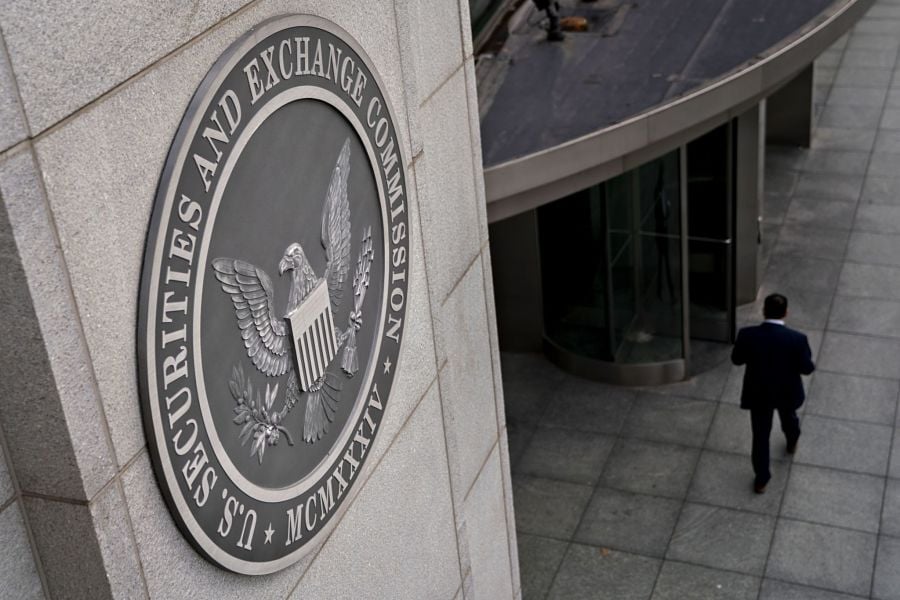

The Securities and Exchange Commission will write rules targeting climate-related financial risks in response to investor demand for the information, a move that is spurred in part by the new political atmosphere at the agency, an expert said Thursday.
Now that SEC Chairman Gary Gensler is in place, the five-person commission has a 3-2 Democratic majority. That new lineup is pursuing environmental social and governance disclosure policy in a way that the Republican-majority commission during the Trump administration did not, said Jon Hale, global head of sustainability research at Morningstar Inc.
“The two Democratic appointees and the chair are strongly in favor of tackling climate-related financial risks,” Hale said during the InvestmentNews Global ESG Summit. “I think they’re going to go about the process of rulemaking and so forth … very carefully and systematically and will get to a better outcome.”
In testimony before a recent virtual congressional hearing, Gensler indicated SEC staff is working on recommendations for the commissioners to consider on climate risk and human capital disclosures.
Prior to Gensler’s Senate confirmation last month, then-acting chair Allison Herren Lee made a series of moves on ESG policy, including releasing a request for public comment on corporate climate disclosure and establishing a climate and ESG enforcement task force.
The activity dovetails with a government-wide focus on combatting climate change that has been pursued by the Biden administration, including an executive order last week on risks to financial assets.
The SEC actions have drawn pushback from Republican lawmakers, who have grilled Gensler at recent hearings about whether ESG disclosures are material to investment returns. They have asserted that companies should have the final say on what factors affect their financial performance.
The SEC instead will let investors make that decision, Hale said.
“This commission will look more to what investors consider material to guide them as opposed to leaving it up companies themselves as to determine what risks they should disclose,” Hale said.
Gensler has told lawmakers that investors are demonstrating an appetite for ESG disclosures by the trillions of dollars they’re investing in ESG oriented funds. “There is enough investor demand that the SEC has a role,” Gensler said during a virtual hearing of a House Appropriations subcommittee on Wednesday.
Last month, the agency released a risk alert outlining shortcomings examiners have found in the ways investment advisers and funds are pitching, constructing and monitoring investment products and strategies that use ESG factors.
Financial advisers should pay close attention to the risk alert, as they work with clients who are increasingly interested in ESG investing, said Trysha Daskam, director and head of ESG strategy at Silver Regulatory Associates.
In addition to outlining ESG disclosure problems, the alert “is also giving a handful of best practices they’ve noted as they’re going about their reviews, which is relatively unique,” Daskam said. “I look at this as really a guiding light in terms of how the commission is going to view and continue to review how these policies and programs are put together.”
InvestmentNews hosted the Global ESG Summit in partnership with the United Nations Capital Development Fund. Other Bonhill Group publications that sponsored the event were ESG Clarity, Last Word, Portfolio Adviser, Fund Selector Asia and Expert Investor.

The 25-year industry veteran previously in charge of the Wall Street bank's advisor recruitment efforts is now fulfilling a similar role at a rival firm.

Former Northwestern Mutual advisors join firm for independence.

Executives from LPL Financial, Cresset Partners hired for key roles.

Geopolitical tension has been managed well by the markets.

December cut is still a possiblity.
Streamline your outreach with Aidentified's AI-driven solutions
This season’s market volatility: Positioning for rate relief, income growth and the AI rebound
